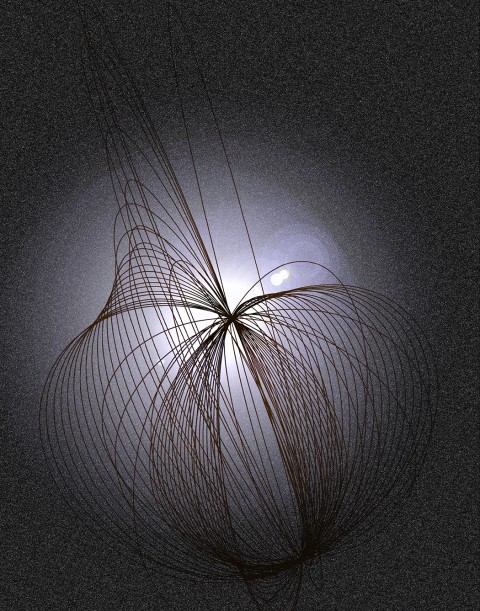What does it mean to hope?
Hope holds us in our time. Without it, we have no place in our own history.

Chief Plenty Coups of the Crow Nation guided his people through the deep crisis brought by the invasion of the white man. Shortly before his death in 1932, he said to his biographer: “When the buffalo went away the hearts of my people fell to the ground, and they could not lift them up again. After this nothing happened.” Jonathan Lear, author of Radical Hope, is haunted by this phrase. What did Plenty Coups mean by “after this nothing happened”? As Lear interprets it, “there is no importantly first-person narrative to tell of this [subsequent] period. It is as though there is no longer an ‘I’ there.”
While the Crow remained alive after the buffalo went away, their lives had no place in their own history. This is a fitting way to characterize a life without hope: having no place within a history. To find life again, the Crow needed a “radical hope.” Plenty Coups was guided by visions he had had at age 11. In one vision he saw buffalo covering the land—but they suddenly disappeared and were replaced by cow-like creatures; in another, he saw himself as an old man settled near water at the base of the Arrowhead mountains; in still another, he saw the forest blown over by the force of a great wind, with one tree yet standing, the one that is home to the chickadee, believed by the Crow to be wise about the future. Plenty Coups cited these visions as he proposed a new future to his people. Other leaders listened to him, and the visions became something of a bridge over the loss of the buffalo. The Crow began trying new ways of doing things. They cooperated with the white man, taking advantage of the education they provided. Some, like Plenty Coups, even converted to Catholicism while continuing to practice many traditional Crow rituals. Compared to other western tribes, the Crow survived well in the new age.
We tend to think of hope primarily as a feeling that arises in our hearts. It comes to us in many circumstances: we hope to score the goal, pass the test, or recover from the illness. Taken in this sense, hope is a passion that quickens us. For Thomas Aquinas, a “natural hope” arises in a dog when a hare races by: the dog springs forth hoping to catch it. The example shows us that hope moves us to action; it reaches out actively to a hoped-for future.





